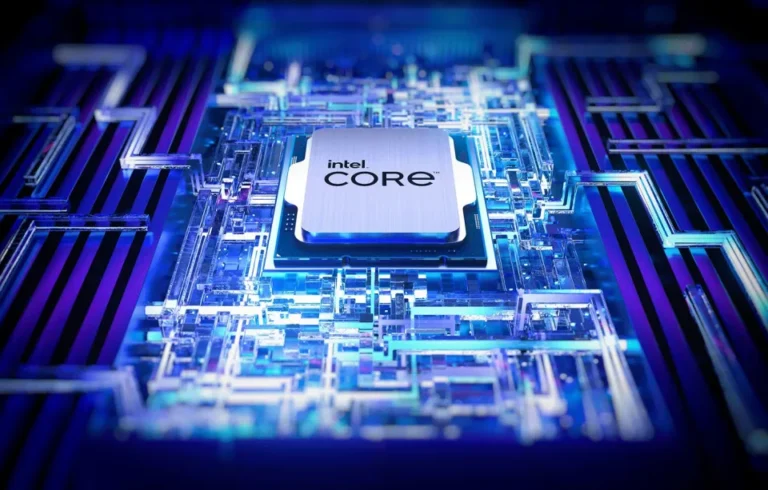There is a commitment that a patch that will resolve the issue will be released by the middle of August.
Late in the year 2022, only a few short months after the models were released, the first reports of instability problems with the 13th generation of Intel desktop central processing units began to surface. Users reported experiencing unexpected and sudden crashes on personal computers that were equipped with the company’s 14th-generation central processing units (CPUs) throughout the course of time. These difficulties continued to exist. At this time, Intel has made the announcement that it has finally discovered the reason why its 13th and 14th generation desktop CPUs have been causing users to experience crashes and giving out, and it has promised to release a cure by the beginning of the following month.
According to the announcement that Intel made, the business has found that the instability concerns were caused by high operating voltage. This conclusion was reached after conducting a comprehensive investigation of the processors that had been returned to the company. Microcodes, also known as machine codes, are sets of instructions that are implemented at the hardware level. It would appear that the reason for this is that a microcode algorithm has been delivering the processor voltage demands that are erroneous.
Intel has now made a commitment to produce a microcode fix in order to address the “root cause of exposure to elevated voltages.” Despite the fact that the patch is still being verified to guarantee that it can handle all “scenarios of instability reported to Intel,” the company is planning to release it by the middle of August.
According to wccftech, despite the fact that Intel’s central processing units (CPUs) have been generating problems for customers for at least a year and a half, the post that Sebastian Castellanos made on X in February brought the matter to the forefront of attention. Castellanos published an article in which he stated that there was a “worrying trend” of 13th and 14th-generation Intel CPUs experiencing stability issues with games that use Unreal Engine 4 and 5, such as Fortnite and Hogwarts Legacy. Additionally, he observed that the problem appears to be primarily affecting higher-end models and connected to a conversation that was taking place in the Steam Community. The individual who penned the post on Steam had the intention of issuing a cautionary message to individuals who were encountering issues such as “out of video memory trying to allocate a rendering resource” saying that the problem was with their central processing unit (CPU). In addition, they linked to a number of discussions on Reddit that contained others who were having the same issue and who had concluded that the fault was with their Intel central processing units.
Alderon Games, an independent game development company, recently published a post in which they discussed “encountering significant problems with Intel CPU stability” when they were working on the development of their multiplayer dinosaur survival game, Path of Titans. According to Matthew Cassells, the company’s creator, the production company discovered that the problem affected end users, specialized game servers, the computers of developers, gaming server providers, and even benchmarking tools that employ Intel’s 13th and 14th generation central processing units. Based on the observations made by the organization, Cassells stated that even central processing units (CPUs) that initially function well suffer from deterioration and finally fail. “The failure rate we have observed from our own testing is nearly 100 percent,” according to the studio’s online announcement, “indicating it’s only a matter of time before affected CPUs fail.”

